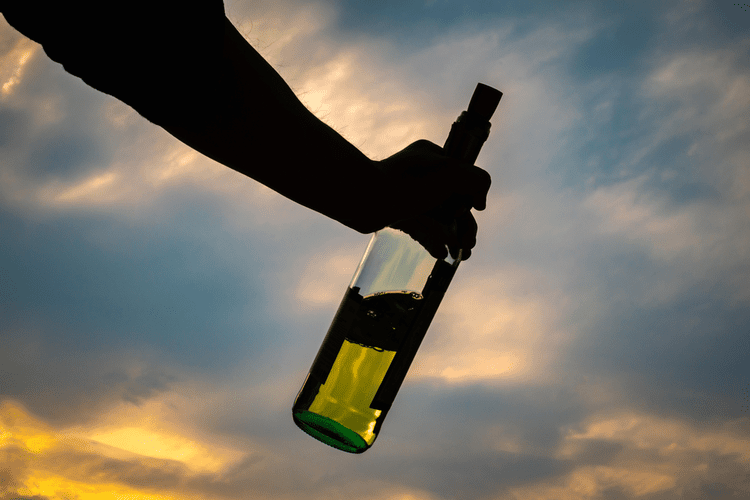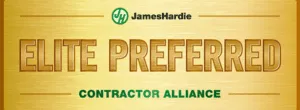It reminds us that while life can be chaotic and unpredictable, we can still nurture our inner peace and connections. This book is essential reading for those in search of comfort and guidance on their path to emotional wellness. Szalavitz’s perspective is both enlightening and thoroughly researched, yet she makes complex neuroscience and psychology approachable. When she views addiction through the lens of a learning disorder, it redirects the focus from guilt and shame towards a more empathetic perspective, which can be refreshing for individuals burdened by the ‘addict’ tag. Drawing from her own battles with addiction, Szalavitz adds a relatable touch that enhances her credibility and compassion for others navigating similar paths. Drop the Rock digs deeper into steps six and seven of the twelve-step program.
Recovery Month 2023: Recovery is for Every Person, Every Family, and Every Community
- They highlight the common challenges faced during recovery and demonstrate that overcoming addiction is possible.
- Life Without Ed by Jenni Schaefer is a powerful and inspiring book on eating disorder recovery.
- While these books on the topic of Eating Disorder Recovery are highly regarded, it’s important to note that any list of ‘best’ books is subjective and reflects a range of opinions.
- Research by experts like Dr. Bessel van der Kolk has shown that trauma is stored in the body, not just the mind, and that effective treatments are available for healing.
- Sobriety and recovery are profound journeys that require the right resources.
- For anyone thinking about sobriety, going through early recovery, or even helping a friend, The Sober Diaries is both a helpful guide and a comforting companion.
This is an excellent resource for families, friends and any health care provider who treats patients with addiction disorders. This book describes a more holistic approach to recovery by combining treatments of the past with the latest knowledge and techniques. From addiction recovery workbooks to inspiring true success stories, the best books on addiction cover everything from practical skills to personal transformations. It’s a deeply personal journey that requires healthy boundaries, cognitive behavioral therapy, and, most importantly, a commitment to change. Recovery goes beyond quitting substance use disorder; it’s about finding balance and achieving spiritual sobriety.

Wishful Drinking
She has a knack for turning complex concepts into relatable, everyday language, making her teachings easy to understand and encouraging a deeper dive into self-exploration. Brach’s warm and understanding style, skillfully blends personal stories with impactful insights, showing readers they aren’t alone in their tough times. Bessel van der Kolk’s book, The Body Keeps the Score, is a must-read for anyone who’s faced trauma or wants to grasp how deeply it can affect both the mind and body. With years of research and clinical practice behind him, van der Kolk digs into how trauma can change brain activity, body reactions, and even our emotional experiences. His findings show that trauma isn’t just a mental struggle but something that physically resides in us, impacting every part of our well-being. Maia Szalavitz’s Unbroken Brain offers a fresh take on addiction, flipping the script by presenting it as a learning disorder instead of just a moral failing or a pure disease.
The Best Books for Healing from Emotional Abuse and Trauma
Whether you’re struggling with burnout, overwhelm, or simply want to elevate your self-care routine, this book offers a step-by-step plan to help you transform your life from the inside out. It wouldn’t be a “best books about PTSD” round-up without mentioning this one. While there have been allegations of mistreatment against the author, it’s important to acknowledge the lasting impact this book has had in the field of trauma treatment and the mind-body approach. The Body Keeps the Score is considered groundbreaking, particularly for its exploration of the mind-body connection in the aftermath of trauma.

She also closely examines both the internal and https://newswavegh.org/what-happens-to-your-eyes-when-you-stop-drinking/ external factors that drove her to seek help in ending her destructive cycle of binge drinking. 14 real quotes about recovery from addiction – hopeful insights from people who found healing through Self Recovery. In conclusion, this collection brings together both scientific explanations and personal stories to help you grasp the complexity of addiction and the possibilities for recovery.
The Addictive Personality
Being told to alcohol rehab change can feel belittling and demeaning, especially when what you’re struggling with is more than just strategic planning. Addiction can be a topic everyone voices an opinion on, but few know and can empathize with the mental turmoil of being self-destructive. It is laid out, explained, elucidated, elaborated and expounded upon in books. Or we may be getting only bits and pieces of it, enough to keep us dry for a while.
Paths to Recovery
Through her compelling storytelling, Brown sheds light on the complexities of anorexia and the impact it has on the individual and those around them. This book on eating disorder recovery provides valuable insight into best recovery books the emotional and psychological aspects of the disorder, as well as the resilience and courage required to overcome it. Brave Girl Eating is a must-read for anyone seeking a deeper understanding of the complexities of anorexia and the journey to recovery. The Unexpected Joy of Being Sober, written by Catherine Gray, is a powerful and insightful book on recovery.
Goodbye Ed, Hello Me: Recover from Your Eating Disorder and Fall in Love with Life
It’s a compassionate exploration of how trauma can shape our relationships and the long, often painful journey of reconciling who we are with who our families hoped or expected us to be. This book is for anyone working through family dynamics, seeking acceptance, or navigating the complicated emotional terrain of belonging. When I stopped drinking alcohol, I was desperate to know the stories of other people who’d also taken this road less traveled. During the most unsettling time of my life, I craved all the messy, tragic, complex, wonderful stories that could show me what was on the other side. Nobody in my real life could meet that need, so I turned—as I always do when I need comfort, encouragement, or inspiration—to books. Published by Alcoholics Anonymous, this work does not offer advice on how to get sober; instead, it offers information on how to maintain sobriety on a day-to-day basis.


